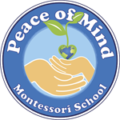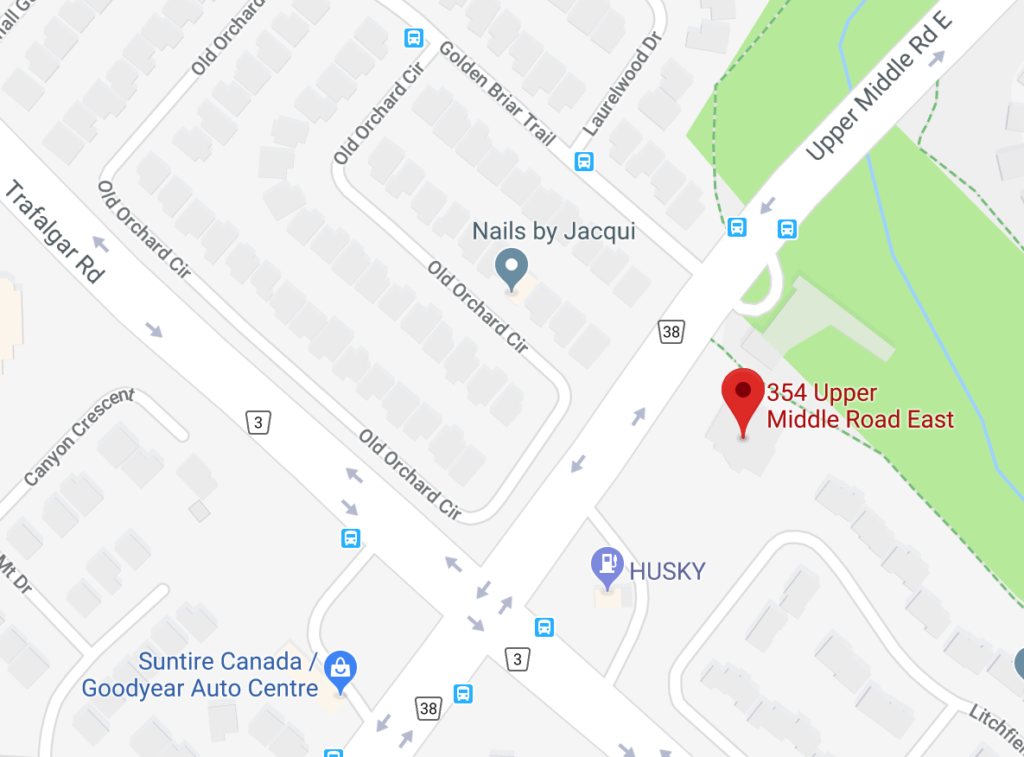Toddlers (15 months to 30 months) Full-Time
Teacher/Child Ratio 1:5
Our Toddler program incorporates indoor and outdoor play, as well as active play, rest and quiet time, into the day, and give consideration to the individual needs of the children.
We recognize that children experience gained in our Toddler classroom is significant as it is the first time for most of the children outside familiar safety of home and family. To make this experience meaningful, we aim to provide safe and nurturing environment so that children emotional, intellectual, physical, and social needs could be met and parents could have deserved peace of mind when trusting us with their children care.
It all starts with our nurturing and caring staff who are sensitive to the needs of children and concerns of parents.
Toddler Room carefully designed programming along with enriched environment gives children freedom to explore and learn and it provides them with opportunities for social interactions. Children make crafts, read books, sign songs and learn through fun experiences daily.
In addition, each day they engage in a variety of outdoor activities in our spacious green-filled playground.
Toddlers eat two snacks and lunch a day. All meals are healthy and prepared on-site everyday with fresh ingredients.
A nap for approximately two hours every day takes place after the children finish their lunch.
We also assist in toilet training your child when staff and parents have mutually agreed that the child is physically and emotionally ready to learn the task.
CASA Montessori (2.5 to 6 years)
Teacher/Child Ratio 1:8
Casa programming nurtures love of learning and joy of self-discovery and provides child-initiated and adult-supported experiences. It plans for and creates positive learning environments and experiences in which each child’s learning and development is supported.
We believe that children are competent, capable, curious and rich in potential. Our view, adopted from the pedagogy developed by Dr. Maria Montessori, recognizes the child as one who is naturally eager for knowledge and capable of initiating learning in a supportive, thoughtfully prepared learning environment. Within such setting, with teachers’ guidance children strive to realize their own potential, solve their own problems, and master their own skills at their own pace. Within Montessori environment, the materials and indoors, as well as outdoors activities of the curriculum are related to practical life skills, sensory education, language and mathematics, and more general physical, social, and cultural development.
Practical Life Skills
The practical life skills include a range of activities designed to develop the child’s independence and self-reliance. The activities include those tasks that are part of living as a member of a family in a home (setting the table, serving food, doing dishes, cleaning up after a meal); those required for personal cleanliness and hygiene (washing the face and hands, brushing teeth); and those needed to dress oneself (buttoning smocks and lacing and tying shoes). Special didactic apparatus—lacing and tying frames—give children an opportunity to practice a particular skill. Included in the practical life skills were muscular exercises related to physiological development, such as motor coordination, walking, and respiratory skills. By repetitive trials, they learned to stay with a particular skill until they had mastered it. Through the practical life activities, the children develop muscular coordination and learn to persevere in mastering a task.
Sensory Skills
The sensory materials and activities are designed to develop the child’s sensory acuity and ability. By using materials, children learn to order, classify, and compare sensory impressions by touching, seeing, smelling, tasting, listening, and feeling the physical properties of the objects in the environment.
Sensory skills include those related to sound and the ability to distinguish between tones; those related to sight and the ability to recognize and distinguish color, hue, and shading; and those related to touch and the ability to feel texture, softness, hardness, cold, and warmth. Again specialized didactic apparatus and materials were used, such as cylinders, tone bells, stacking blocks, materials of various colors, and so on.
Montessori’s sensory education activities had three projected outcomes: first, improve children’s sensory abilities by exercising their powers of discrimination; second, improve children’s general sensory functions; third, develop children’s readiness to perform more complicated activities.
Language Skills
Language development, which Montessori distinguished from language teaching, is a spontaneous creation of the child. Regardless of the particular language used in the child’s culture, language development follows the same patterns for all children. All children pass through a period in which they can only pronounce syllables, then whole words, and then they begin to use syntax and Language learning came from work with sounds and letters. Sand paper Letters are the material that the children could trace and pronounce phonetically. The children composed words by using the letters of a movable alphabet. Montessori claimed that children burst spontaneously into writing and reading.
Children discovered reading when they understood that the sounds of the letters that they were tracing, and then writing, formed words. When the children knew all of the vowels and some of the consonants, they were ready to form simple words. Using the vowels, the directress would show the children how to compose three-letter words and pronounce them clearly. In the next step, the children would write the words dictated by the directress. After enough practice, the children were able to compose words without assistance. In teaching arithmetic, counting was taught by arranging objects according to their number and by measuring them using a series of colored rods of varying lengths.
Mathematics Skills
Maria Montessori believed that all humans are born with a “mathematical mind”. From the beginning, the children are introduced to mathematical concepts in concrete form, hands-on learning materials. The use of concrete materials to learn abstract concepts and operations is fundamental to the development of the mathematical mind in the Montessori classroom as the materials represent abstract ideas.
The materials can be felt and manipulated so that the hand is always involved in the learning process. This approach to math is logical, clear and extremely effective. It allows the children to internalize math skills by using concrete materials and progressing at their own pace toward abstract concepts. Children understand and develop a solid foundation in mathematics. Later, as they master the concrete they begin to move to the abstract, where the child begins to solve problems with paper and pencil while still working with the materials.
Lessons and activities are introduced simply and concretely in the early years and are reintroduced several times during the following years at increasing degrees of abstraction and complexity.
Arithmetic is taught by the manipulation of geometrically shaped objects, by using rods of various lengths and by organizing quantities of objects in counting boxes. As in learning the letters, children traced sandpaper-covered numbers.
Physical, Social, and Cultural Skills
More general physical, social, and cultural skills were acquired through individualized physical activities, through shared responsibilities in carrying for plants and animals, and through the creating of a generalized respect for one’s own work and for the work of others. Again, children themselves developed an awareness of the larger world in which they lived. As they give order to the sensory information that they have absorbed, they grow increasingly aware that they need more knowledge about the larger world in which they live
Montessori helps children acquire leadership skills and independence early on in their lives which will help them find success later in life. Montessori children grow up with an understanding of who they are and what they want to do with their lives, along with the skills to accomplish their goals.
Montessori program supports positive and responsive interactions among the children. We believe that positive attitude helps children to move forward and have faith that life will bring them happiness. Children are encouraged to communicate openly and in a positive way as positive interactions promote children high self-esteem, confidence and self-regulation.
Children are served two snacks and lunch a day. The meals meet the recommendations set out in the Health Canada Document “Eating Well with Canada’s Food Guide”. They are prepared on-site everyday with fresh ingredients.
Children take a nap or rest after lunch time. Children who don’t nap or wake up early engage in quite activities.


